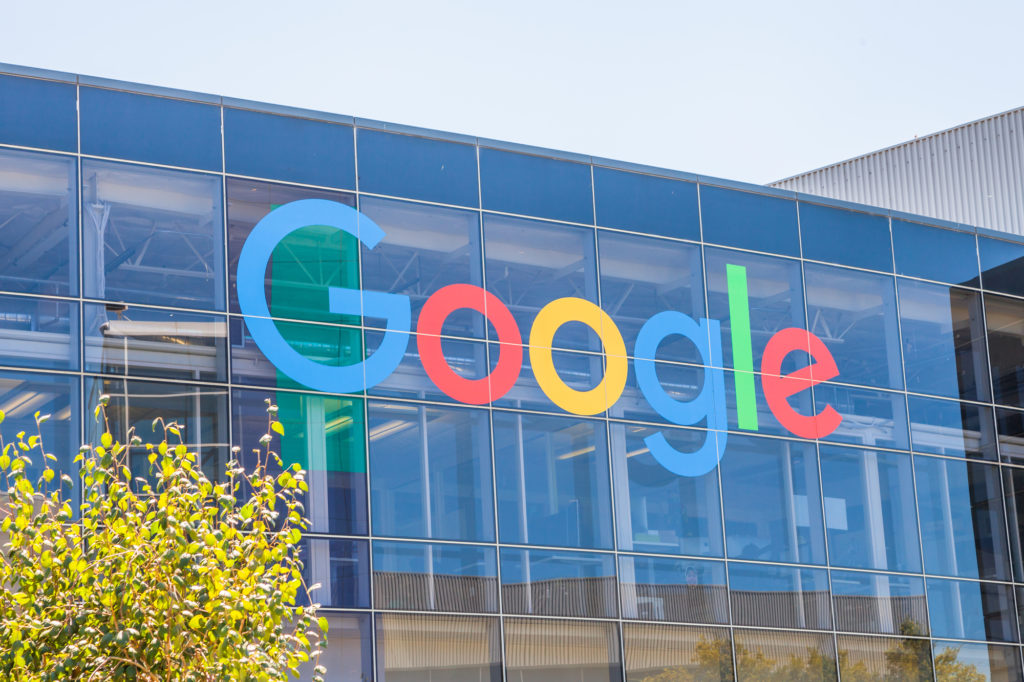
In its Annual Report filed on February 5, 2019, Google’s parent, Alphabet, Inc., emphasized in a more pronounced way the privacy regulatory and business headwinds it now faces. Specifically, on pages 9 and 10 of the report, Alphabet writes “as the focus on data privacy and security increases globally, we are and will continue to be subject to various and evolving laws. The costs of compliance with these laws and regulations are high and are likely to increase in the future.” It goes without saying, proper compliance will never be optional for the company given that Google’s surveillance advertising accounted for over 85% of its total revenues in 2018.
According to its 10-K, those laws and regulations that may subject Alphabet “to significant liabilities and other penalties” include:
The California Consumer Privacy Act of 2018 that comes into effect in January of 2020, and gives new data privacy rights to California residents and regulates the security of data in connection with internet connected devices.
Privacy laws, which could be interpreted broadly thereby limiting product offerings and/or increasing costs.
Given the recent package of bills introduced in California to bolster CCPA and other privacy-related laws, Alphabet is certainly wise to include CCPA and unnamed “privacy laws” on its 10-K’s list of risk factors.
Alphabet also warns: “Changes to our data privacy practices, as well as changes to third-party advertising policies or practices may affect the type of ads and/or manner of advertising that we are able to provide which could have an adverse effect on our business.” As pointed out by Bloomberg, this wording is not merely reused boilerplate but represents new language.
Even though the duopoly of Google and Facebook are not going away anytime soon, Alphabet’s latest filing is an acknowledgement that upcoming regulatory and market changes may limit how these companies do business. In other words, the free reign they have had for so many years may finally be coming to an end.